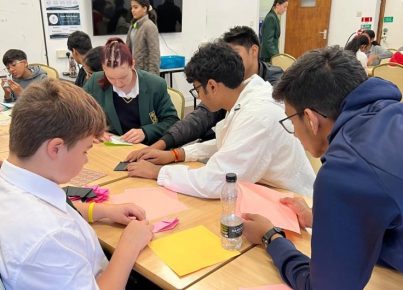In a startling turn of events, some Myanmar students and educators are arguing that no education is preferable to an oppressive one under the current military junta. This controversial stance highlights the dire state of education in a country grappling with political turmoil and civil unrest.
Since the military coup in February 2021, Myanmar’s education system has been in shambles. Schools have become battlegrounds of ideology, with the junta attempting to impose its narrative on young minds. Many students and teachers have joined the Civil Disobedience Movement, boycotting state-run institutions in protest against the regime.
“We’d rather sacrifice our education than submit to a system that stifles critical thinking and promotes propaganda,” says a 19-year-old student who wished to remain anonymous for safety reasons. This sentiment echoes across the country, where classrooms stand empty and online learning alternatives face severe internet restrictions.
Educators find themselves in a precarious position. Those who refuse to comply with the junta’s curriculum face arrest or worse. “It’s a heart-wrenching choice between our duty to educate and our conscience,” explains a former high school teacher now in hiding.
The argument for “no education” stems from the belief that the current system is more harmful than beneficial. Critics argue that:
The junta’s curriculum distorts history and suppresses democratic values
Schools are being used as tools for indoctrination rather than education
The psychological impact of learning under oppression outweighs the benefits
However, this stance is not without its detractors. Some worry about the long-term consequences of a “lost generation” without formal education. International organizations are scrambling to provide alternative learning options, but their reach is limited.
As Myanmar teeters on the brink of becoming a failed state, the future of its education system hangs in the balance. The choice between no education and an oppressive one is a stark reminder of the far-reaching effects of political instability on society’s most vulnerable members.
In this climate of uncertainty, one thing is clear: the resilience and determination of Myanmar’s youth to fight for their right to genuine, unbiased education is a powerful testament to the human spirit in the face of adversity.





